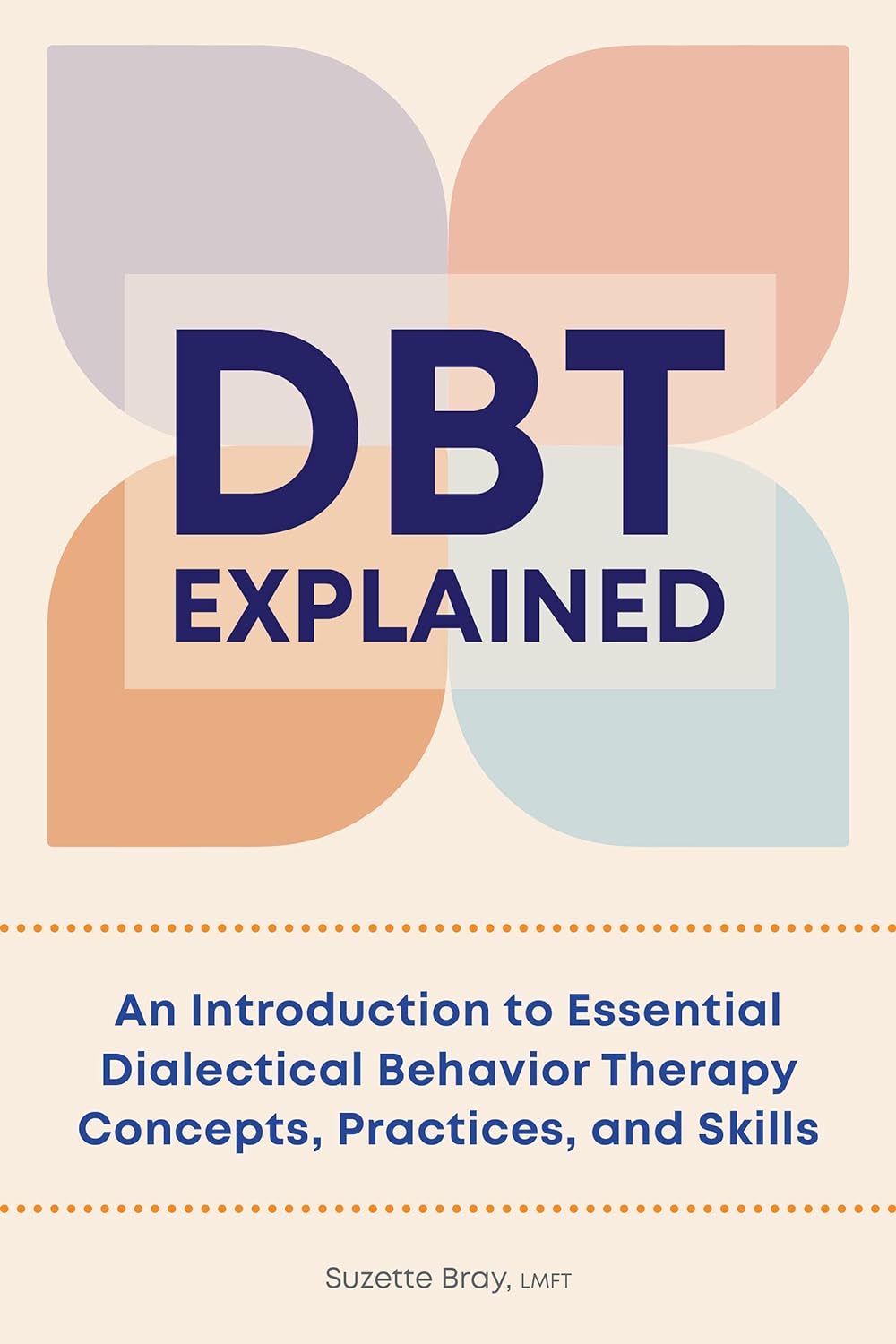Taking Advantage Of the Power of Dialectical Behavior Therapy (DBT) Providers for Lasting Emotional Equilibrium and Improved Relationships
In a world where psychological wellness and keeping healthy and balanced partnerships are crucial elements of a satisfying life, the use of Dialectical Practices Treatment (DBT) services has arised as a sign of hope for several individuals. The evidence-based and structured strategy of DBT offers a pathway in the direction of lasting psychological equilibrium and boosted communications with others.
Recognizing the Core Concepts of DBT
Dialectical Actions Therapy (DBT) is founded upon a collection of core principles that underpin its healing method to advertising psychological balance and emotional wellness. Mindfulness is an additional core principle of DBT, concentrating on being fully present in the moment without judgment.
Validation is additionally integral to DBT, highlighting the value of recognizing and approving one's experiences and emotions as valid. By integrating these core principles right into treatment, DBT offers a effective and extensive method to promoting emotional wellness and mental durability.
Establishing Emotional Regulation Skills
Psychological guideline skills are vital parts of Dialectical Behavior modification (DBT) that enable individuals to properly handle their emotions and navigate challenging scenarios with durability. These skills encompass the capacity to determine and comprehend one's emotions, endure distress, control intense sensations, and act according to individual values also when faced with emotional turmoil. Creating psychological regulation abilities involves finding out mindfulness methods to stay existing in the moment, recognizing the triggers that cause emotional dysregulation, and applying coping methods to modulate psychological responses.

Via DBT services, people can grow a deeper understanding of their feelings, recognize patterns of habits that contribute to emotional distress, and get practical tools to control their sensations constructively. By developing these abilities, individuals can improve their psychological knowledge, improve impulse control, and foster much healthier connections. Inevitably, understanding emotional policy causes better emotional security, increased confidence, and an enhanced ability to navigate life's challenges with composure and versatility.
Enhancing Interpersonal Performance

One key element of boosting social effectiveness in DBT is discovering to acknowledge and my explanation take care of feelings in social interactions (DBT London). By enhancing psychological awareness, individuals can reply to others in an extra understanding and understanding way. Additionally, DBT emphasizes the value of exercising mindfulness in social relationships, encouraging individuals to be existing in their communications and fully engage with others

Practicing Mindfulness Techniques
Developing a constant mindfulness method is important for people going through Dialectical Behavior modification (DBT) to grow psychological law and improve their interpersonal performance. Mindfulness methods, a core component of DBT, entail paying attention to today moment without judgment. Through mindfulness, people can become a lot more knowledgeable about their ideas, feelings, and bodily sensations, enabling them to reply to circumstances with higher clarity and control.
An additional vital facet of exercising mindfulness in DBT is the principle of extreme acceptance. Radical approval includes completely accepting truth as it is, even when it is challenging or excruciating. By accepting today minute without judgment, people can minimize their suffering and include positive change.
Using DBT Approaches in Day-to-day Live
Structure upon the foundation of mindfulness strategies such as reflection and radical approval, people can incorporate DBT approaches into their day-to-day lives to foster emotional equilibrium and boost their interpersonal skills. Additionally, interpersonal performance abilities taught in DBT can assist people interact their demands assertively, set limits, and preserve healthy and balanced partnerships. By consistently applying these DBT strategies in my link everyday life, people can experience lasting psychological equilibrium and boost their overall health.
Conclusion
Finally, using the power of Dialectical Practices Treatment (DBT) services can lead to lasting emotional balance and improved relationships. DBT London. By understanding the core principles of DBT, developing psychological law abilities, boosting social performance, exercising mindfulness strategies, and applying DBT methods in day-to-day live, individuals can experience considerable enhancements in their general wellness and connections. The alternative method of DBT provides important tools and techniques for managing feelings and constructing much healthier connections with others
Emotional regulation abilities are important parts of Dialectical Behavior Treatment (DBT) that make it possible for people to efficiently manage their feelings and browse challenging situations with strength.With DBT services, people can grow a deeper recognition of their feelings, recognize patterns of actions that add to emotional distress, and get sensible tools to control their sensations constructively.Establishing a constant mindfulness method is necessary for individuals undergoing Dialectical Actions Therapy (DBT) to grow emotional regulation and boost their interpersonal effectiveness.Structure upon the foundation of mindfulness methods such as reflection and radical approval, individuals can incorporate DBT methods into their everyday lives to foster psychological balance and boost their interpersonal abilities. By comprehending the core concepts of DBT, creating psychological regulation abilities, enhancing interpersonal performance, practicing mindfulness strategies, and applying DBT methods investigate this site in daily life, people can experience significant enhancements in their overall health and connections.
Comments on “DBT London: Assisting You Towards Emotional Well-being and Stability”